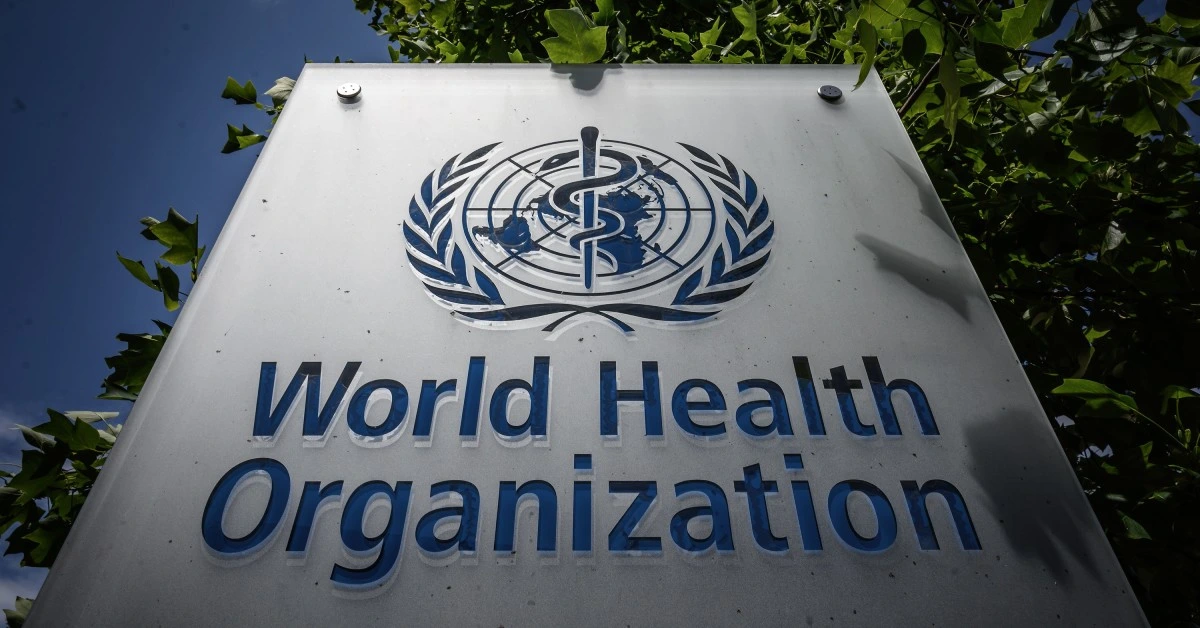
SWITZERLAND – The World Health Organization’s (WHO) 156th executive board meeting, starting on Monday, February 3, will primarily focus on finances.
This comes at a time when the United States, the largest member state of WHO, is in the process of withdrawing from the organization, effective January 2026. Despite this, the US will still hold a seat on the 34-member board and has one year before its exit becomes final.
Tressa Rae Finerty has been appointed as the new Chargé d’Affaires for the US mission in Geneva. However, it remains uncertain whether she or any US representatives will attend the eight-day meeting at the WHO headquarters.
The opening day will address financial matters, beginning with the Director-General’s report. One key discussion will be the Programme, Budget, and Administration Committee’s (PBAC) report, which has been working this week to handle the expected 18% reduction in WHO’s budget when the US officially exits.
Additionally, the first draft of the proposed budget for 2026-2027 will be presented. The total proposed budget is US $7.47 billion, reflecting a 9% increase from the previous biennium.
The budget will cover base programs, emergency operations, polio eradication, and special programs. However, with the loss of the US contribution, it remains uncertain how this budget will be funded.
Another significant topic at the meeting will be the progress toward universal health coverage (UHC), focusing on primary healthcare and integrated, people-centered health services.
The Director-General will also provide a report on the third review of WHO’s Global Code of Practice on the International Recruitment of Health Personnel, which supports the ethical migration of healthcare workers.
Environmental health will also be a key area of discussion, with WHO planning to address climate change and air pollution.
A new draft Global Action Plan on Climate Change and Health will be reviewed, along with an updated “Road Map” for tackling the health impacts of air pollution.
A controversial proposal for WHO to take a leading role in a new intergovernmental science-policy panel on pollution and health will also be discussed.
The Air Pollution Roadmap sets an ambitious voluntary target of reducing deaths from human-made air pollution by 50% by 2040, compared to 2015 baseline values.
Despite these efforts, progress in pollution hotspots like South Asia has been slow. Air pollution is the leading risk factor for health in this region, causing about 2.7 million deaths annually, with 2 million of those in India.
As the Second WHO Global Conference on Air Pollution and Health approaches in March 2025, countries are expected to make new commitments to tackle air pollution and its impact on health.
The meeting will also take place against the backdrop of the US’s changing position on climate and health.
Under President Donald Trump, the US administration had rolled back environmental regulations, including those aimed at reducing air pollution and improving vehicle efficiency.
It remains unclear whether the new administration will continue this stance, especially with the WHO’s increasing focus on climate and environmental health.
XRP HEALTHCARE L.L.C | License Number: 2312867.01 | Dubai | © Copyright 2025 | All Rights Reserved